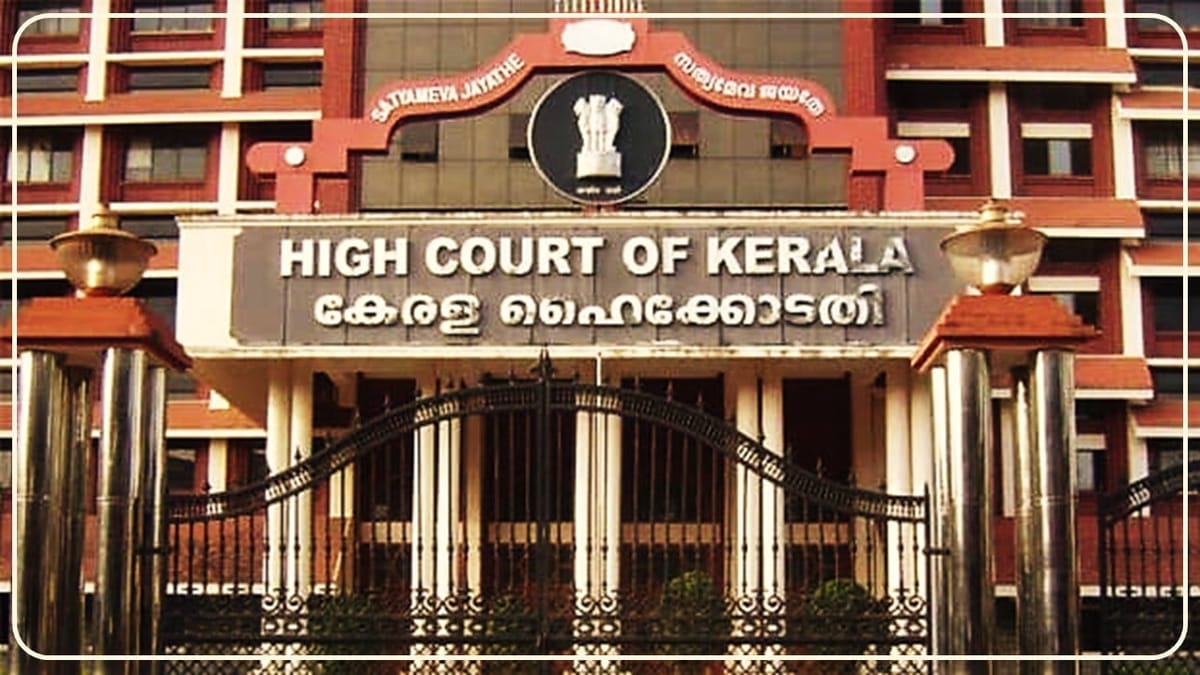The Kerala High Court has issued an order that Subsequent amendment cannot be considered unless it has retrospective effect.
Priyanka Kumari | Nov 30, 2023 |

Subsequent amendment cannot be considered unless it has retrospective effect
The Kerala High Court, in the matter of M/S. ALAMPALLY PRESSURE TESTING COMPANY PRIVATE LTD. Vs. UNION OF INDIA, has issued an order that Subsequent amendment cannot be considered unless it has retrospective effect.
The Official Judgement Stated:
The present writ petition has been filed impugning Exhibits P-1 to P-5 intimations to the petitioner for payment of late fee for not filing statements in respect of the TDS collected by the petitioner within the time prescribed in Sub Section 3 of Section 200 of the Income Tax Act, 1961. The said intimations are in respect of the assessment year 2012-13 and they are issued in November, 2013 (Exhibits P-1 to P-3) and October, 2016 (Exhibits P-4 and P-5). The petitioner has approached this Court after more than ten years impugning the said intimations in Exhibits P-1 to P-5. This writ petition is liable to be dismissed only on the simple ground of inordinate delay and laches in filing the writ petition impugning the intimations in Exhibits P-1 to P-5 which were issued way back in 2013 and 2016.
The other aspect of the matter is that Section 234E which was inserted by the Finance Act, 2012 w.e.f. 01.07.2012 is specifically provides that for failure to deliver the statement within the time prescribed under Sub-Section (3) of Section 200 or the proviso to Subsection (3) of section 206C to charge the assessee with a late fee, a sum of Rs. 200 for every day during which the failure continues.
When the impugned notices were issued, this was the law in respect of the payment of the late fee. It cannot be denied that what was to be considered when the notices were issued was the law prevailing on the said date. Subsequent amendment, unless it has retrospective effect, cannot be considered. The submission of the learned Counsel for the petitioner that the amendment in Section 200A has been brought into effect w.e.f. 01.06.2015 and, therefore, the impugned notices issued way back in 2013 and 2016 are incorrect is liable to be rejected at the threshold. The law on the date when the impugned notices were issued was as provided under Section 234E which had been inserted by the Finance Act, 2012 w.e.f. 01.07.2012.
In view thereof, It is found this writ petition is to be dismissed on the ground of gross delay and laches as well as on merits.
For Official Judgment Download the PDF Given Below:
In case of any Doubt regarding Membership you can mail us at contact@studycafe.in
Join Studycafe's WhatsApp Group or Telegram Channel for Latest Updates on Government Job, Sarkari Naukri, Private Jobs, Income Tax, GST, Companies Act, Judgements and CA, CS, ICWA, and MUCH MORE!"